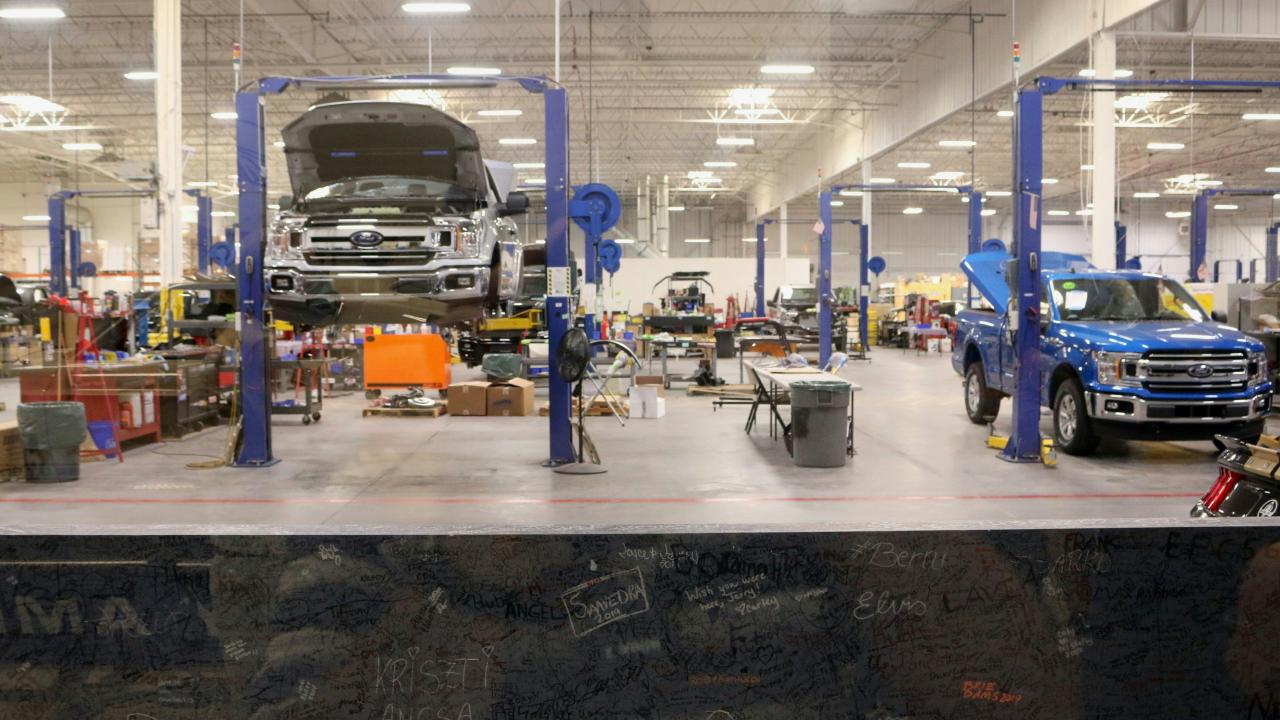
The balance in favor during the period amounted to US$ 103,977 million, but GM, Ford and Stellantis believe that the gap hides behind a high American content in Mexican exports.
Mexico achieved a record surplus in its automotive trade balance with the United States from January to September 2024, at US$ 103.977 billion, according to data from the Department of Commerce.
With the exception of 2020, when the greatest impact of the Covid-19 pandemic occurred, this surplus has increased year after year over the past decade. The period corresponding to 2024 was the first time that the positive balance exceeded US$ 100 billion.
Because vehicle production in Mexico and Canada has such high levels of U.S. content, the actual deficits were substantially smaller, the American Automotive Policy Council (AAPC) said in a recent letter to the Commerce Department.
The AAPC represents the public policy interests of the American automakers: Ford Motor Company, General Motors Company, and Stellantis. “Few policies have had as much impact on our industry, and in particular on the American automakers, Ford, General Motors, and Stellantis, as the series of free trade agreements between the United States, Canada, and Mexico, which have cumulated in the USMCA,” he added.
The AAPC noted that prior to the USMCA (effective July 2020) and the Inflation Reduction Act (IRA) of 2022, the trend in North American trade was a steady growth in imports from Mexico and a growing trade deficit with the United States’ North American trading partners. However, the AAPC noted that since the USMCA was implemented, which raised regional value content from 62.5% to 75% for essential parts, the US automotive trade deficit with its USMCA trading partners has remained relatively stable and believed that this represents an “important new and positive trend.”
“However, since vehicle production in Mexico and Canada has such high levels of U.S. content (35% and 50% U.S. content respectively), the actual deficits were substantially smaller anyway,” he said. Considering the first three quarters of each year, Mexico's automotive exports to the U.S. market rose from US$72.048 billion in 2014 to US$137.068 billion in 2024.
Conversely, US exports to the Mexican market rose from US$25.784 billion in 2014 to US$33.091 billion.
The 2022 IRA allocates about $380 billion for tax incentives and other support related to clean energy and climate change. This includes tax credits for renewable energy production, incentives for the purchase of electric vehicles, and other subsidies that encourage the transition to a more sustainable economy.
Over the past two years, companies announced $133 billion in new investments in clean energy and vehicle technology manufacturing in the United States, an increase of 52% over the previous two years.










